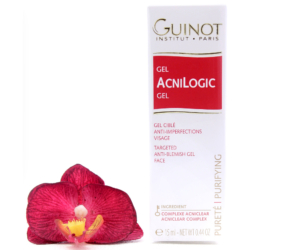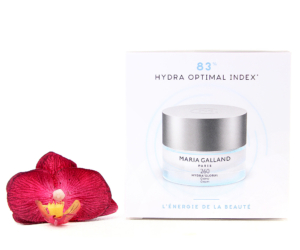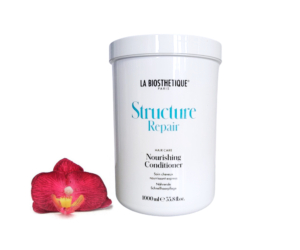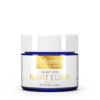Body Care
Why older people benefit from calcium citrate and vitamin D
If you’re of a certain age, you may be recommended a series of supplements to remain healthy. However, a lot of the things you will already have a plentiful supply in your diet, so to take supplements may not make much sense.
You may have been given calcium citrate and vitamin D for instance. If your diet is plentiful in diary, fish, eggs and leafy vegetables, you may be not inclined to take the supplements.
However, calcium intake can get tricky as you age. The body can only absorb a certain amount – even in young, growing bodies. Even when they get this small, steady supply – the body needs something else to help absorb it – magnesium or vitamin D are ideal.
Even when the body gets the small and steady dose – with either magnesium or vitamin D – it suddenly needs a lot more after the age of 50.
It’s not just older people who need an extra intake of calcium. Athletes, pregnant women and nursing mothers do as well – for various reasons.
For older people, the dependency of a regulated level of calcium is much more necessary. According to the International Osteoporosis Foundation, there are a few changes in the body as we get older, including:
- a decrease in dietary calcium intake, usually as a result of decreased overall calorie intake. For example, seniors may have poor appetite in general or illnesses that decrease appetite. There are social and economic factors too that may contribute to malnutrition in seniors.
- a decrease in the intestinal absorption of calcium (especially if vitamin D status is low) as well as a decrease in the capacity of the intestinal cells to adapt to a low calcium intake as they would in healthy younger people.
- less frequent exposure to sunlight. As vitamin D is produced in the body when skin is exposed to sunlight, less sun exposure may lead to poor vitamin D status. This is a special problem in elderly who are housebound, or institutionalized, or have reduced mobility.
- a decrease in the capacity of the skin to synthesize vitamin D. In the elderly the skin produces 4-times less vitamin D when exposed to the sun, as compared to younger people.
- a decrease in the efficiency with which the kidneys can retain calcium, leading to increased calcium loss in the urine.
- a decrease in the capacity of the kidneys to convert vitamin D into its most active form (1,25-dihydroxyvitamin D).

 Français
Français Русский
Русский






















